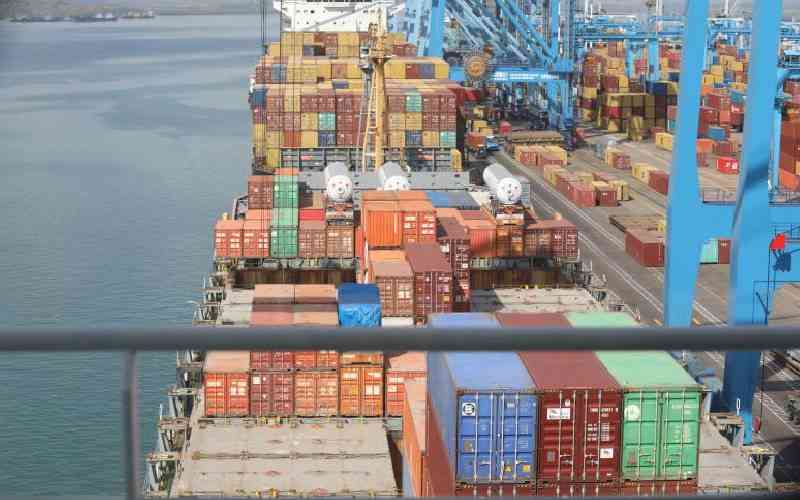×
The Standard e-Paper
Smart Minds Choose Us

East Africa's logistics industry faces challenges such as regulatory hurdles and trade barriers.
One of the most significant non-tariff barriers is the requirement for container cash deposits at key ports such as Mombasa and Dar es Salaam.







